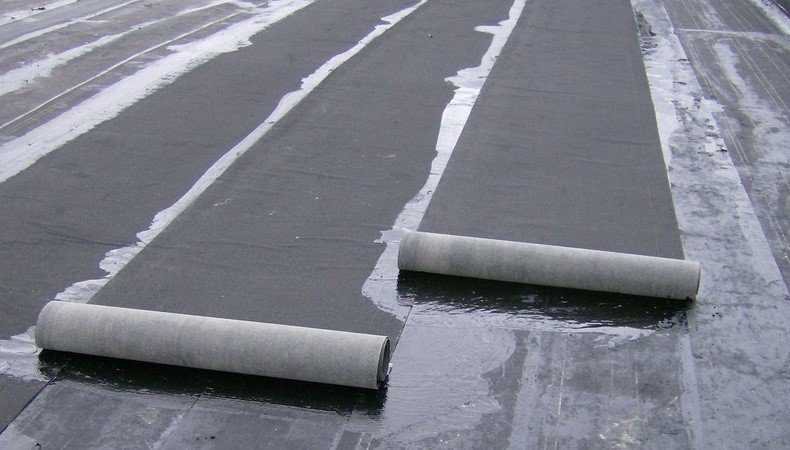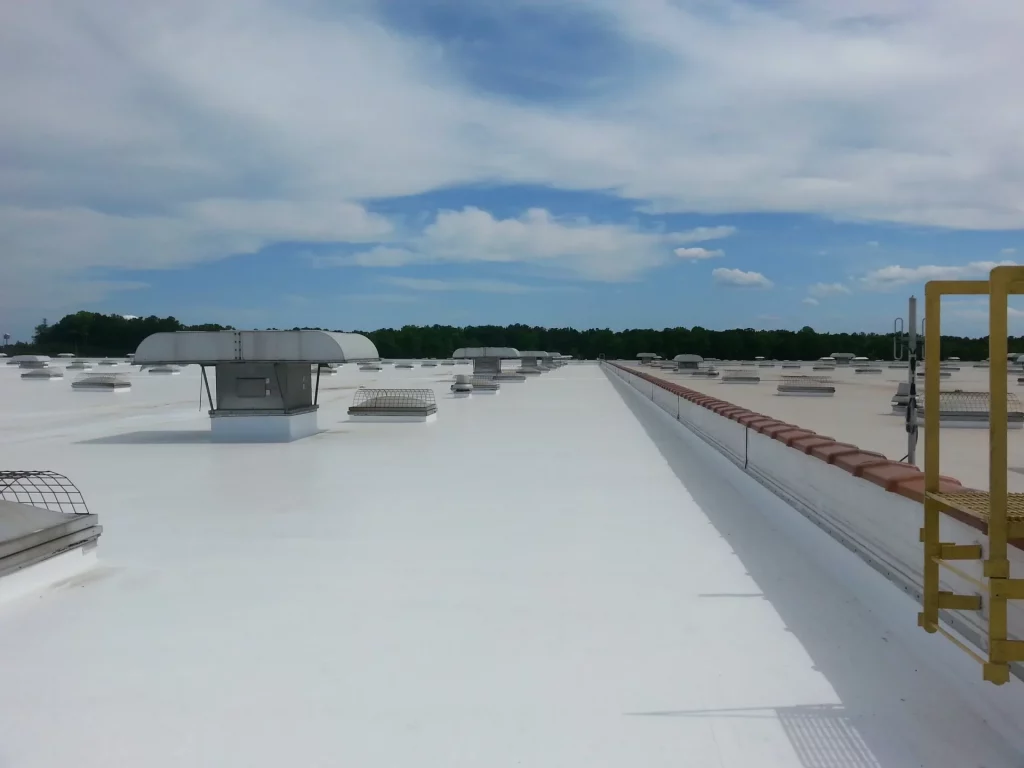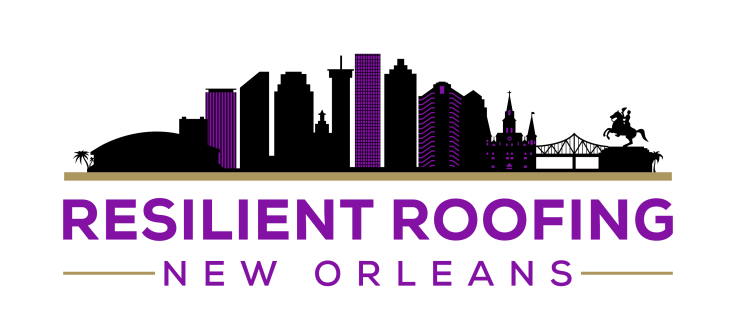For the Highest Quality Roofing at the Most Competitive Prices, Contact Us Today. Any questions? Call and ask!
For the Highest Quality Roofing at the Most Competitive Prices, Contact Us Today. Any questions? Call and ask!
Modified bitumen roofing is a thermoplastic roofing membrane that is made up of asphalt and plasticizers. It is typically reinforced with polyester or fiberglass mats. The roofing membrane is then covered with a mineral surface coating. This method of roofing system has proven to be very successful in many parts of the United States.
Modified bitumen is the next generation of built-up roofing systems, which improves the qualities of already proven multi-ply roofing systems.
One of the reasons that modified bitumen roofing systems are so successful is that they are very versatile. This roofing system can be used on many different types of buildings including commercial, or industrial buildings. It is especially popular because it provides excellent protection to extreme weather conditions for flat roofs that are very common in the United States.
Get a Free Quote
If you classify modified bitumen roofing by how it is made, there are generally two types of modified bitumen roofing membranes: APP and SBS modified.
APP stands for atactic polypropylene, and SBS stands for styrene-butadiene-styrene. Both modified bitumen materials are made with asphalt, but the polymer used in their manufacture is different.
APP-modified bitumen roof membranes are manufactured with atactic polypropylene. This is a less common type of polymeric material that has excellent tear and tensile strength. However, it does not perform well when exposed to ultraviolet light or ozone degradation; thus, this roofing membrane should be coated for protection.
SBS stands for styrene-butadiene-styrene modified bitumen rooftop systems. Styrene-butadiene-styrene refers to a synthetic elastomer that has been chemically bonded into asphalt compounds making it more durable. This type of roofing system is more common, but both are similar in being made with asphalt.
In simple terms, APP is a plastic asphalt, and SBS is an elastic asphalt. These types of modified bitumen membrane systems are known for their versatility, durability, longevity, fire resistance, and they can be applied to many different surfaces.
This material will also help your building stay cooler during the summer. It is an excellent insulator and has a very low thermal conductivity index which means you can save money on energy bills each month by using this type of roof.

This roof is also lightweight, making it easy to put on top of most flat roofs. In addition, the weight is evenly distributed through the material, which means that you can apply it to smaller or lightweight roofs without adding too much weight.
Get a Free Quote
The major advantage of this type of roofing system is its durability. This roofing system will typically last 30 years, significantly reducing the amount of money needed to maintain the roof. This system will also resist damage from hail, very high winds, and other natural disasters. This makes it great for many different types of buildings, including commercial buildings.
This roofing system also has exceptional tear strength, which ensures that it will not rip, even if the complete material is very heavy and there is high wind. In addition, the materials used in this type of roofing system make them resistant to damage from different types of chemicals, including solvents and oils.
The last major advantage of modified bitumen membrane roofs comes from their versatility. You can install these types of roofs over almost any type of substrate you have currently on your flat roof.
The layers of this type of roofing system are resistant to heat, high winds, and fire, which means they will not burn or catch fire as easily as other membrane materials. This makes it a good choice for buildings that need extra protection from fire.
This type of roof is also mold and mildew resistant, which is a major advantage for flat-roofed buildings located in humid areas. In addition, it has been designed to work well in all types of weather conditions. This makes it great for applications like patios, carports, and storage units.
If you consider using this type of roofing system, there are also a few concerns that you should be aware of before proceeding.
The torch-applied modified bitumen roof requires open flame torches to complete the process. This means that there is a fire hazard involved in the installation. So, you should be careful when installing this type of roofing system, or rather, you should hire an expert contractor who know what they’re doing. Don’t do it yourself and don’t hire an amateur.
Even though modified bitumen roofing systems are easy to install, you will need a contractor who has experience in the process. If you don’t work with a reputable company that uses well-trained individuals to complete the job, it can be more dangerous than beneficial. If the contractor does not follow all of the instructions in the installation manual, you can also run into problems. You must install the system up to the standards specified by the manufacturer so that it works properly.
This type of roofing system will have to be checked after a certain period so that you can identify any potential problems before they get out of hand. If you do not check on the roof regularly, it could lead to costly repairs or replacements in the future.
Many factors will help you determine the cost of your modified bitumen roofing. The local area, building size, and type of installation can all affect the overall cost substantially.
Size is one of the biggest factors when determining the price. Its thickness also affects the price. On average, you can expect to pay around $15-$25 per square foot for this type of roofing system. If you need more information, contact a Resilient roofing representative to get a detailed price range.

If you weigh the pros and cons of this type of roofing system, you’ll see that it has a lot to offer. If you’re looking for a flat roofing material that is easy-to-install, fire-resistant, lightweight, mold and mildew resistant, flame retardant, weather-resistant, insulator, then the modified bitumen roofing system may be right for your project.
This type of roof is known to last longer than most other types of membrane systems, so you can expect it to remain in place for many years. In addition, it requires minimal repairs and is a good choice for buildings that have flat roofs.
Get a Free Quote
